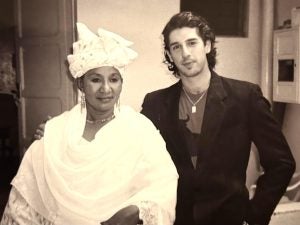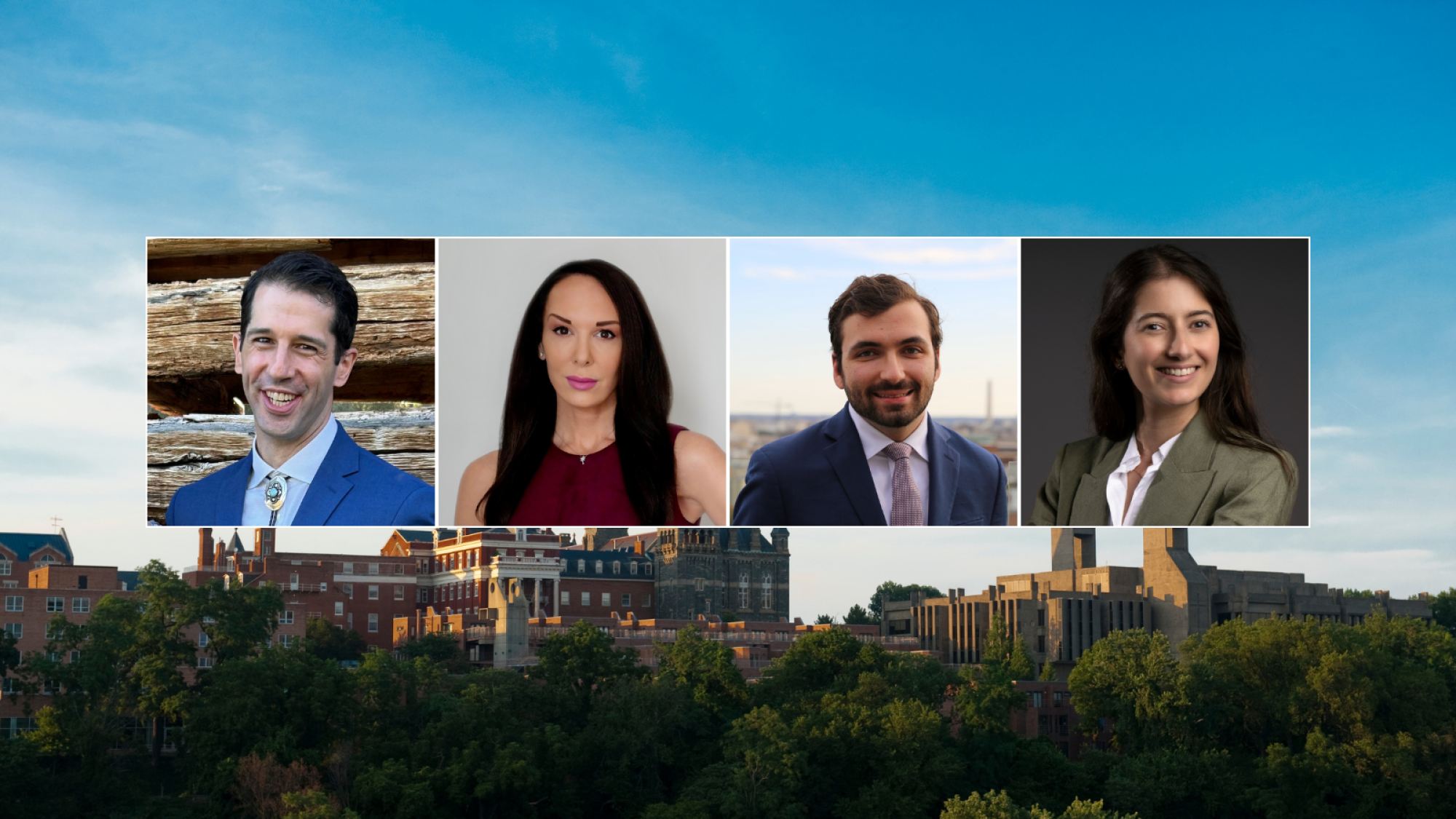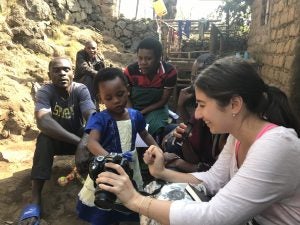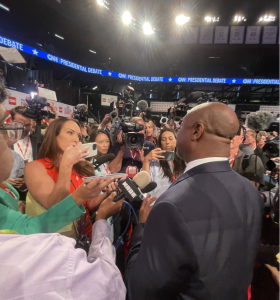Diplomats and other civil servants advance their national interests on the world’s stage using a variety of tools. Journalism plays a critical role in documenting these affairs and illuminating and revealing the people and issues that shape the global order. In an era punctuated by rising authoritarianism, rampant misinformation and rapidly evolving technologies, hearing and learning from ethical, reliable journalists is vital.
The responsibility to share facts, context and analysis about important events organically aligns with the call to service felt by those who study international affairs, so it’s no surprise that more than a few SFS alumni have become journalists. We caught up with several of them to learn about their journeys from student to reporter, lessons learned on the beat and how their international affairs education continues to shape their work.
Engaging the global community on the Hilltop

“SFS quickly taught me how big, complicated and connected the world was,” says Lawrence Delevingne (SFS’05), an enterprise reporter at Reuters for the last 10 years, now based in Boston. While Delevingne’s reporting mainly lies in the financial sector, he collaborates with reporters from all over the world, as Reuters employs nearly 2,600 journalists in 165 countries.
In his time on the Hilltop as a culture and politics major, with a focus on Africa, Delevingne recalls the diversity not only in the geographic makeup of his peers, but in their political and social views as well: “I like to think I learned a lot by listening to my classmates about how they saw the world; it was good practice for minimizing my own bias and getting a full picture of a subject before putting out a story.”



